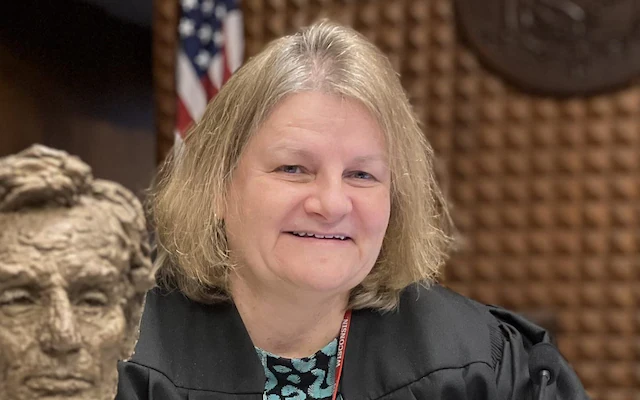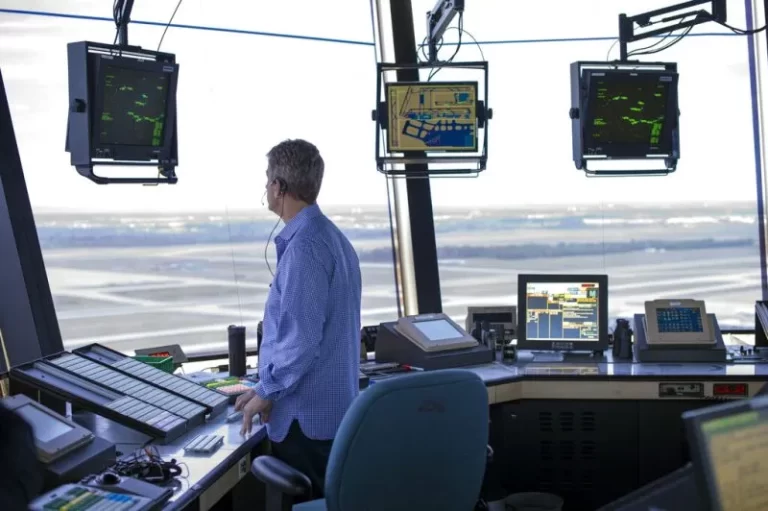
In a stunning development, a Wisconsin judge has been arrested by the FBI on allegations that she interfered with a federal immigration enforcement operation by attempting to obstruct the arrest of an undocumented immigrant, according to sources familiar with the case.
The judge, whose identity has not yet been officially released pending arraignment, is accused of using her position on the bench to prevent U.S. Immigration and Customs Enforcement (ICE) agents from taking a non-citizen into custody at a local courthouse. The incident, which reportedly occurred earlier this year, has triggered a wave of reactions from legal experts, immigration advocates, and political leaders across the country.
According to sources briefed on the investigation, the judge allegedly tipped off the undocumented individual about ICE’s presence at the courthouse and may have arranged for the person to exit the building through a private or unauthorized exit to avoid detection. Federal prosecutors have framed the move as “willful obstruction of a lawful federal arrest,” a felony offense.
“This is a serious breach of the rule of law,” said one federal official familiar with the arrest. “No one, regardless of their position or beliefs, is above the law — and that includes members of the judiciary.”
The arrest marks a rare and controversial case of a sitting judge facing criminal charges for actions taken on the bench in relation to immigration enforcement. It comes at a time when tensions between state courts and federal immigration authorities have been rising, particularly in sanctuary jurisdictions or communities where local officials are reluctant to cooperate with ICE operations.
Supporters of the judge argue that her actions may have stemmed from a belief in protecting vulnerable individuals from what they consider aggressive or inappropriate federal tactics. “Judges are often caught between enforcing the law and upholding human dignity,” said an immigration rights attorney in Wisconsin. “We must not rush to judgment until the full facts are known.”
Critics, however, see the case as a clear-cut example of judicial overreach. “It’s deeply concerning when a judge chooses activism over impartiality,” said a former federal prosecutor. “Interfering with federal law enforcement sets a dangerous precedent.”
The case is now headed to a federal court, where the judge will face formal charges including obstruction of justice and potentially conspiracy. If convicted, she could face prison time and removal from the bench.
Legal analysts expect the case to reignite national debates over immigration enforcement, judicial independence, and the boundaries of lawful resistance. Meanwhile, the courthouse community in Wisconsin remains on edge, as colleagues and officials await more information about the unprecedented arrest.
A spokesperson for the FBI declined to comment on the specifics of the investigation but confirmed that “an individual was taken into custody as part of an ongoing federal case related to obstruction of justice.”
More details are expected in the coming days as the judge makes an initial court appearance and federal prosecutors present their case.




